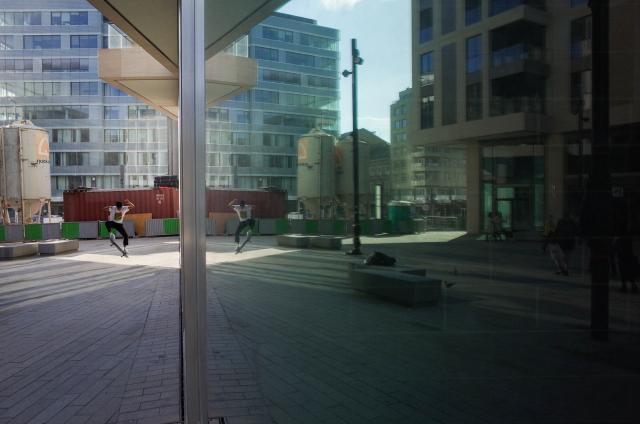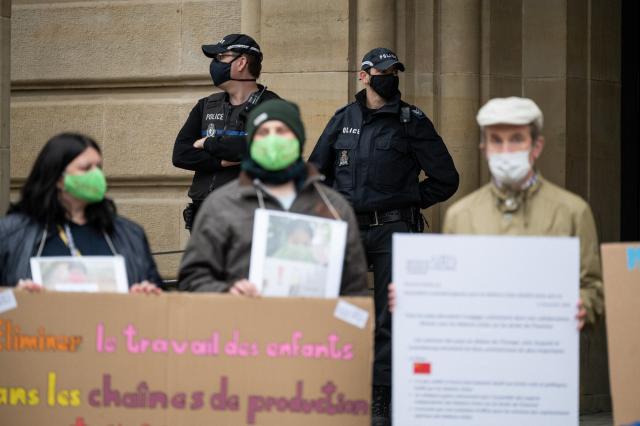Coalitions and reforms
By Camille Frati, Lex Kleren, Eric Engel, Misch Pautsch Switch to French for original article
In the Grand Duchy, the art of coalition has been practised without interruption since the Second World War, with its ups and downs. We take a look back at the major reforms that have shaped Luxembourg under the impetus of various coalitions, with three players from the main parties who have contributed over recent decades – Colette Flesch (DP), Marc Spautz (CSV) and Alex Bodry (LSAP).
The first part of this article can be found here.
The key issue in a coalition formed at the polls is obviously who will win the privilege of forming and leading the government. The party with the most votes is expected to head the government and take the most decisive portfolios – particularly Finance. Being at the helm means steering the country and choosing the course for its future. This may seem obvious, but at the end of the Second World War, when the government had barely returned from exile, everything was still to be built for the government of national unity. And there was no hint of the depth of European integration or the importance of the financial centre to Luxembourg's economy.
Pressured by a very working-class electorate and powerful trade unions, the post-war coalitions unblocked a number of social benefits, from indexation of wages (1944) and pensions (1947) to the generalisation of family allowances to all employees, as well as birth allowances and the extension of health insurance. Reconstruction of the country, development of modern infrastructure such as the Esch-sur-Sûre dam and electrification of the railways, and diversification of industry with the arrival of American giants such as DuPont De Nemours and Monsanto reshaped the Luxembourg economy. In the 1960s, it was the Red Bridge (the Grand Duchess Charlotte-Bridge) and the European district of Kirchberg that emerged, building by building, starting with the Palace of the European Court of Justice (now the Court of Justice of the European Union), still isolated on the edge of the future avenue John F. Kennedy.
You want more? Get access now.
-
One-year subscription€185.00/year
-
Monthly subscription€18.50/month
-
Zukunftsabo for subscribers under the age of 26€120.00/year
Already have an account?
Log in


